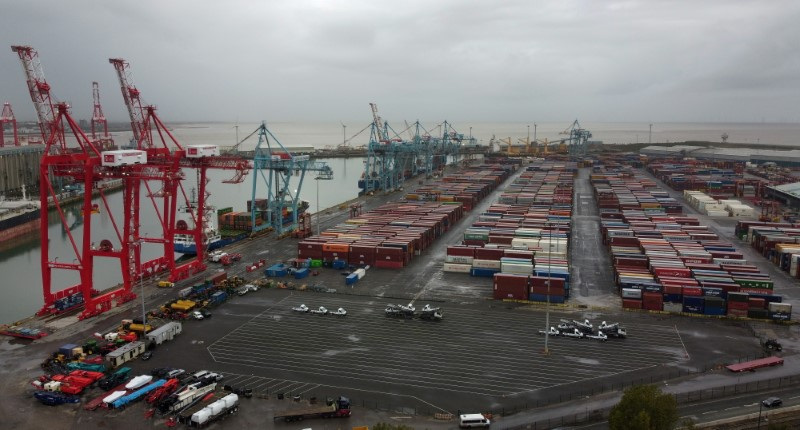Britain Sets Out Plan To Strengthen Critical Supply Chains

Britain will establish a body to identify risks to critical imports, the government said on Tuesday as it outlined a strategy to make supply chains more resilient against global shocks.
Renewed conflict in the Middle East, including the targeting of international shipping lanes by Yemen’s Iran-backed Houthi group, has threatened trade, and comes after war in Ukraine and the COVID-19 pandemic also challenged global supply chains.
Britain has sought to work closely with allies including the United States on securing supplies of critical minerals like lithium, nickel, cobalt, graphite and manganese, which are used in electric cars, smartphones and solar panels.
The government said the ‘Critical Imports and Supply Chains Strategy’ would help secure supplies of critical minerals, semiconductors and medicines by establishing a portal to let businesses report disruption quickly.
“With this strategy we’re equipping business so they no longer have to rely on unpredictable partners for supplies of the goods that keep our country going,” junior business minister Nusrat Ghani said in a statement.
The business ministry said it would establish a Critical Imports Council so government and business could work together to mitigate risks and plan supply chain resilience.
It added it would work to attract international investment to domestic projects, such as plans by British Lithium in partnership with France’s Imerys to mine Lithium in Cornwall, southwest England.
The government also said that supply chain considerations would be taken into account in negotiating future free trade deals with other countries.
(Reporting by Alistair Smout; editing by William James)




